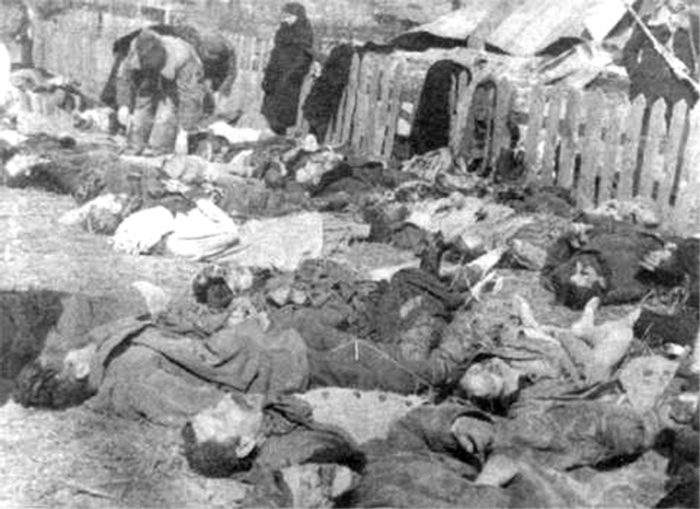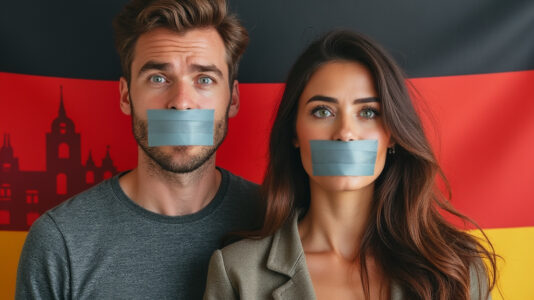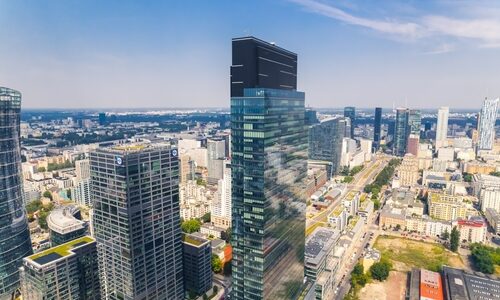Poland and Ukraine have long been at odds over the massacre of tens of thousands of Poles during the Second World War by Ukrainian nationalists, but now it finally appears Ukraine is giving the greenlight for Polish authorities to exhume the corpses of these Poles.
Karol Nawrocki, the president of the Institute of National Remembrance (IPN) and the Law and Justice (PiS) candidate for president, responded to the Ukrainian announcement that exhumation work could start to recover bodies from the WWII-era Volhynia massacre for proper burial, saying he is ready to go to Ukraine personally to start the work.
At a Ukrainian-Polish press conference yesterday, the two countries issued a statement, which included confirmation from Ukraine “that there are no obstacles to conducting search and exhumation works on the territory of Ukraine by Polish state institutions and private entities in cooperation with the competent Ukrainian institutions, in accordance with Ukrainian legislation, and declares its readiness to positively consider applications in these matters.”
Some 60,000 Poles were massacred by Ukrainian troops of the Ukrainian Insurgent Party (UPA) over the summer of 1943 in Volhynia and Eastern Galicia; some estimates are as high as 120,000 killed. They were aided by local Ukrainians in what has been called a “liquidation” of the Polish minority in what had been parts of Poland before WWII.
Nawrocki said the genocide in Volhynia “was a planned, barbaric and cruel crime. For decades, Polish victims have been calling not for revenge, but for memory and their Christian burials. Hence, every public, often political declaration that the process of exhuming Poles from Volhynia has been unblocked arouses public interest, but I would also like you to note that such a declaration also arouses many emotions among the families of those who were murdered and among many borderland communities.”
Since 2017, the IPN has been continuously pursuing exhumation applications in many localities in Ukraine to allow for proper burial of those killed decades ago.
“Between 2017 and 2014, we sent nine such applications. None of these applications met with acceptance from the Ukrainian side,” said the president of the Institute of National Remembrance.
“Despite this, we did not give up at the Institute of National Remembrance. We carried out our educational and commemorative duties. The spaces of Polish cities were filled with commemorative plaques. We unveiled the Monument to the Victims of the Volhynian Genocide in Zielona Góra, and we also prepared new publications,” he added.
“Of these nine applications, the last one was signed by me personally at the beginning of 2024. This is an application sent to the Minister of Culture and Strategic Communications of Ukraine,” said Nawrocki, who added that the approval indicated now by the Ukrainian side must be verified to ensure that “the public declarations of politicians are not just political declarations.” The IPN, he said, will be waiting for “formal confirmation and a response to our applications sent since 2017” in order to start the exhumation work.
“Our identification office is ready to start (its work) in Volhynia within 24 hours. We are waiting for formal confirmation of this information. (…) Personally, I am ready to go to Ukraine,” he said.






